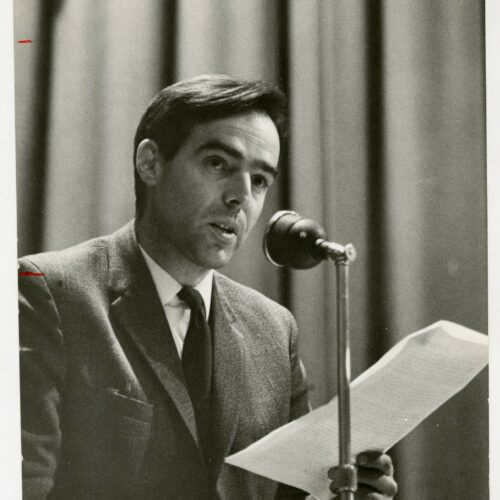

Humanists believe that this is our world, our responsibility, our possibility. If you agree, would anyone know?
Peter Draper, ‘Values in a Changing World’ (1970)
Peter Draper was a doctor, public health researcher, and Chairman of the British Humanist Association (now Humanists UK), who was a pioneer in the study of health policy in the UK. Within the BHA, Draper was described by David Pollock as being ‘a driving force for optimism and expansion,’ encouraging clarity of policy, inaugurating ‘Humanist Week’, and supporting the groundbreaking conference Towards an Open Society. Draper was a shining example of humanism in action, applying a central belief in the rights and responsibilities of humankind to all aspects of his life and work.
Economic and financial mismanagement, along with predatory policies, are in danger of making us believe that we can neither afford to feed the hungry nor care for the old.
Peter Draper, Economic Policy As If People Mattered (1985)
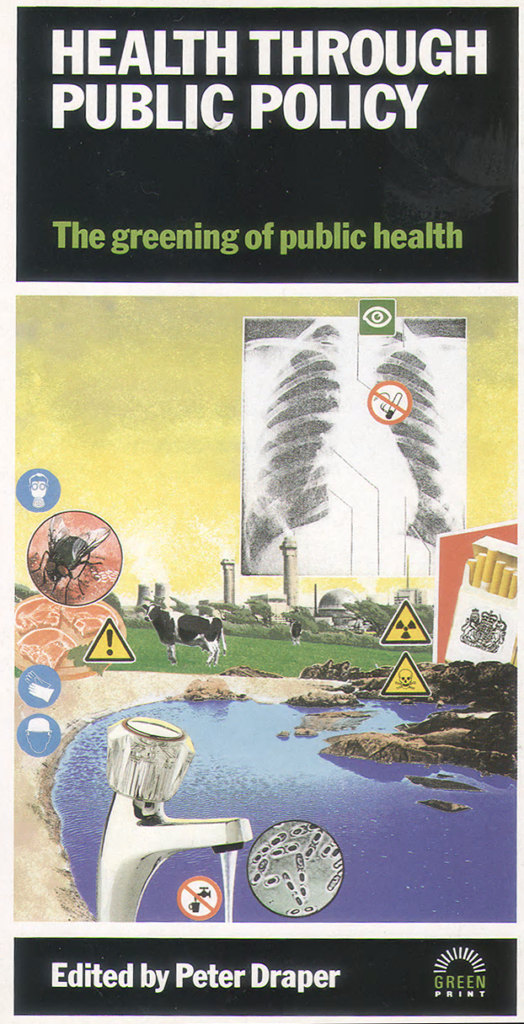
Peter Draper was born in Blackburn, Lancashire, attending Bolton School and Wrekin College. After national service as a Royal Air Force pilot, he studied medicine at Magdalene College, Cambridge, and trained in Manchester hospitals. His early experience as a doctor profoundly influenced his future career and advocacy, imbuing him with the distaste for privatisation, and concern with public health, which remained with him for life.
In 1975, Draper launched the Unit for the Study of Health Policy (USHP) at Guy’s Hospital Medical School, bringing together a multi-disciplinary team to investigate matters of public health. Operating within a wider climate in which ‘social determinants’ of health were as yet unheard of, the reports of the USHP broke new ground. Papers such as Health, the Mass Media and the NHS (1977) and Accident and Illness Prevention (1980), highlighted the harmful economic factors driving public policy and marketing: the financial clout of the tobacco industry, for example, preventing effective governmental action on smoking. 1980’s Rethinking Community Medicine – Towards a Renaissance in Public Health called on practitioners to rediscover their agency in addressing the causes of ill health. Although the USHP was forced to close in 1984, a co-authored journal article ‘Whatever Happened to Public Health?’ led to the creation of the Public Health Alliance (a pressure group which later became the UK Public Health Association).
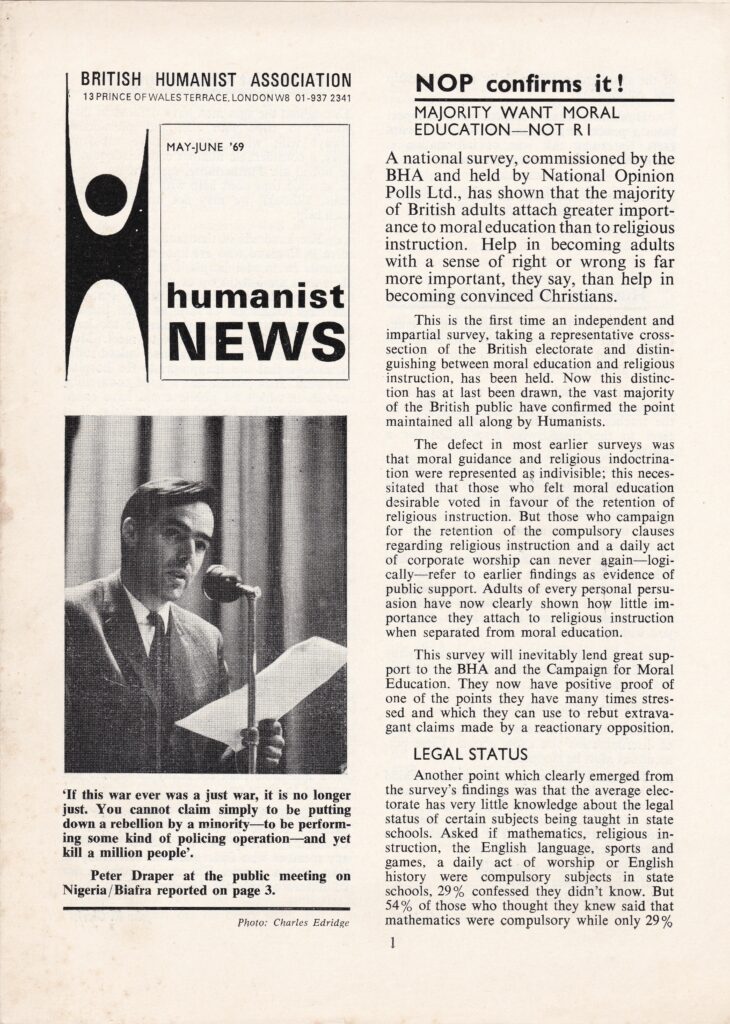
As well as remaining a staunch defender of the NHS, and vocal advocate for public health, Draper was an active humanist. As Chair of the British Humanist Association during the late 1960s, he championed practical action towards the improvement of social conditions for all. In his preface to Towards an Open Society (1971), Draper wrote:
We need to look at our horizons – but also at our maps and at life around us… Those who are interested in re-examining the goals of society and working out and campaigning effectively for more just, more democratic ways of organising our human family are pathetically few in number and their tasks are not only formidable but also increasingly urgent. Clearly, social reconstruction must be tackled much more vigorously than it has been…
For Draper, humanists (as individuals and as an organised body) had a responsibility to apply their philosophy to the world at large, and to carefully examine that world in order to do so. In an article for the New Humanist in 1978, he expressed grave concern at ‘economism’ (i.e. wealth and material gain) becoming the ‘real religion’ of society. This was of particular concern to humanists, Draper argued, because:
Humanists reject on ethical grounds the associated irresponsibility towards resources, the damage to the environment, the cavalier attitude to future generations, and the callous attitude to the exploited and disadvantaged groups which include many women, most of the populations of the Third World and the unemployed.
In opposition to this, Draper saw a central role for humanists in being – and creating – responsible citizens. In this, active concern for the role of the media, the state of the environment, the effectiveness of education, and the political system, were all key. Much of this could be seen in the emerging policies of the British Humanist Association during the late 1960s and throughout the 1970s. Draper also created a Humanist Health Council which was active for several years: in 1969 it took the initiative in coordinating comments from patients’ organisations on the NHS reforms then under discussion, resulting in a paper in The Lancet.
In line with his ever-active compassion, Draper was an enthusiastic member of a number of organisations with broad social change in mind. These included Dignity in Dying, Friends of the Earth, Greenpeace, and the New Economics Foundation. He was also a Vice President of Green Party predecessor the Ecology Party.
Peter Draper died on 30 July 2016 at the age of 83.
As Alex Scott-Samuel wrote for The Guardian after Draper’s death:
That we now routinely consider causes of ill health – and of wellbeing – to be as diverse as work and unemployment, macroeconomic policy, fuel poverty and the arms trade owes much to Peter’s contribution. He was instrumental in creating the study of health policy in the UK and was the country’s outstanding public health practitioner in the second half of the 20th century.
Draper epitomised a willingness to look squarely at the world as it is, and work actively for what it could be. He used his own experience with Bipolar disorder, as well as an enduring sense of empathy and justice, to advocate for patients and for effective public health policy. Within the British Humanist Association, he championed active engagement with contemporary issues, emphasising the distinctive role for humanists in working towards an open, equitable society.
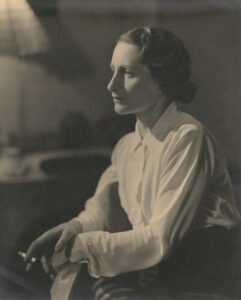
I think that one of the most hopeful signs at the present day, and one for which this Movement can […]
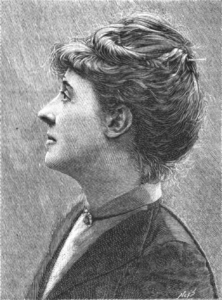
Belief in the power of man to choose his direction of change: this is the creed of the future, and […]
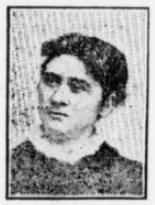
Conscious morality cannot exist in any being except so far as it can look behind, before, and around; and can […]
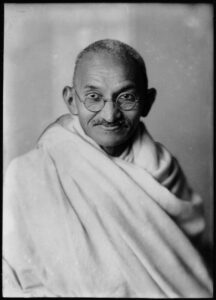
The international significance and reputation of Mohandas Gandhi is well-known, but his involvement with the burgeoning humanist movement during the […]